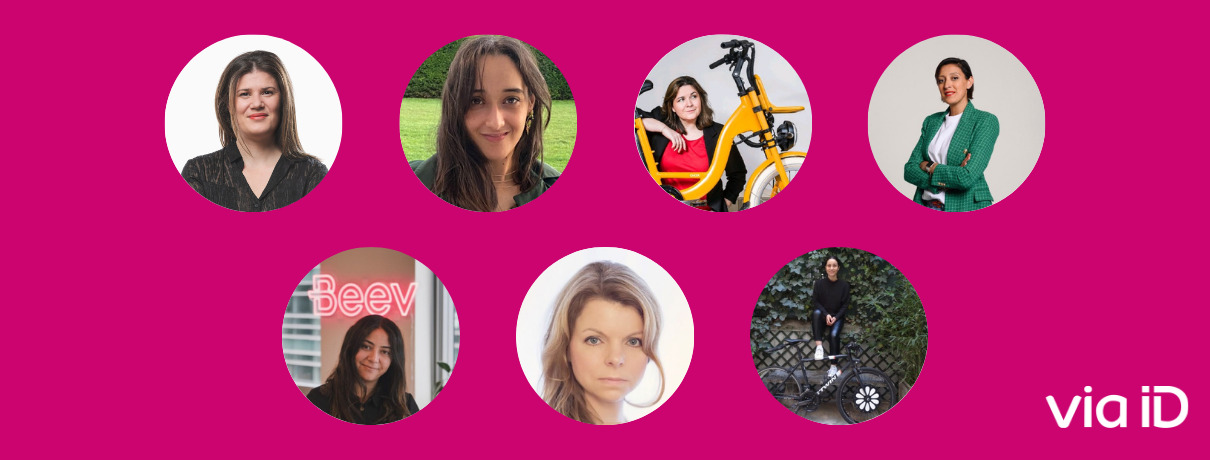
Despite some progress, women remain underrepresented in key areas such as entrepreneurship, technology, and mobility. The lack of gender diversity in European startups is a significant issue, with only 10% of teams being mixed-gender.
Women entrepreneurs face major obstacles, from limited access to funding to underrepresentation in leadership positions. The same holds true in the mobility sector, where cultural and structural barriers hinder women’s participation.
To contribute to the creation of a more inclusive ecosystem where female talents are recognized and supported, Via ID is partnering with five organizations that promote visibility and access to funding for women. Learn more about this in the article!
Balancing economic engines: women’s challenges in entrepreneurship, tech, and mobility
On International Women’s Rights Day, it’s imperative to highlight a persistent challenge in key sectors of our economy: entrepreneurship, technology, and mobility suffer from a glaring lack of gender diversity. Despite progress over the years, women remain underrepresented in these fields.
According to the Sista x BCG Barometer on gender parity in startup creation and funding, only 10% of teams are mixed-gender teams in Europe. At the European Startup Prize for Mobility, we were pleased to see a rate of 33% mixed teams among 715 startup applicants and 50% among the TOP 10 of this 5th edition: but it’s not enough!
Entrepreneurship and tech, drivers of the global economy, are particularly affected by this imbalance. Women entrepreneurs face substantial barriers, from lack of access to funding to underrepresentation in business networks and leadership positions. In tech, the situation is similar: women are less likely to hold technical or leadership positions, despite their competence and creativity.
The mobility sector also faces numerous challenges. Whether in the world of cycling or in the automotive industry, women face specific barriers, whether cultural, structural, or related to safety. These obstacles limit not only their professional mobility but also reflect a design of public space and transport means that does not sufficiently take into account the diversity of needs.
In response to these challenges, Via ID, a committed actor in supporting innovation and sustainable development in the mobility sectors, is taking concrete steps.
Recognizing the crucial importance of promoting diversity and equal opportunities, Via ID partners with five pioneering organizations in supporting women in these fields: Sista, Women in Motion, Women on Bikes, Wave Cars, and The Experts.
What do these associations do?
Concrete actions to promote women’s inclusion
– Sista focuses on improving visibility and access to funding for women entrepreneurs in tech, breaking stereotypes, and building a strong support ecosystem.
– Femmes en Mouvement promotes female presence in the mobility sector, advocating for leadership roles and more inclusive policies.
– Les Femmes à Vélo addresses the specific challenges faced by female cyclists, working for safer and more welcoming urban environments.
– Wave Autos supports women in the automotive industry, a sector traditionally dominated by men, by highlighting female achievements and fighting against prejudice.
– Les Expertes supports the presence of women in the media
We are also very proud of the founders in our portfolio, feel free to follow them on social media to see how extraordinary they are!

Ambre Eppler, Co-founder of NOWOS
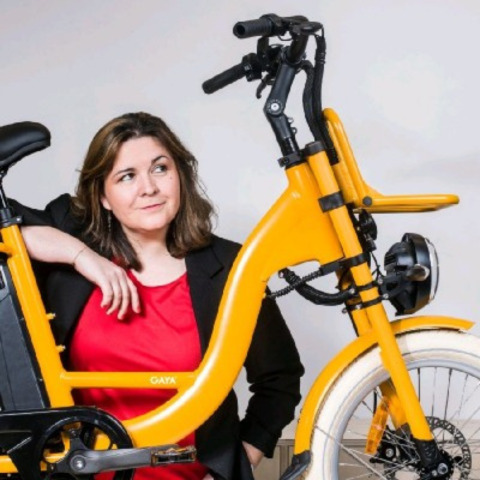
Amélie Guicheney, Co-founder and CEO of Gaya
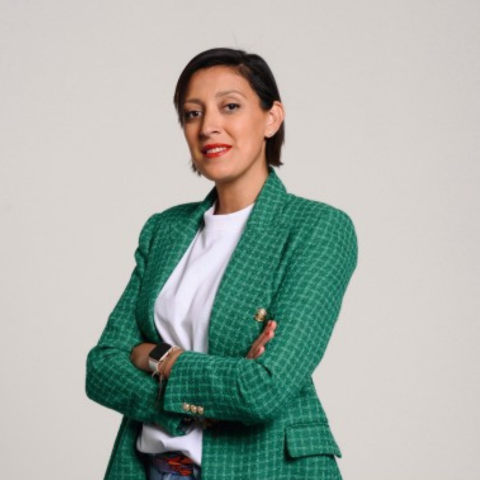
Asmaa Chakir Alaoui, Co-founder and CEO of VelyVelo
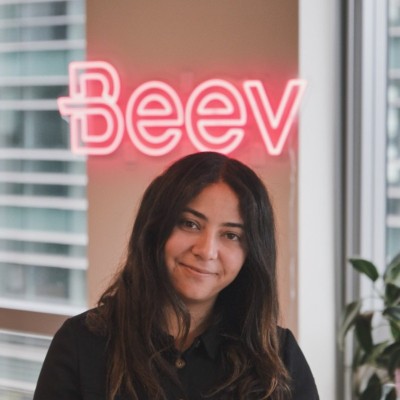
Chanez Djoudi, Co-founder of Beev

Jacqueline Akishin, Co-Founder & CMO of Traxi
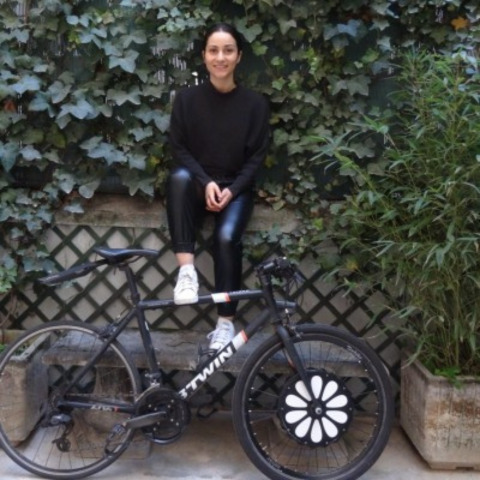
Marine Billis, Co-founder and CMO at Teebike
Via ID’s commitment to these associations reflects an awareness and active commitment to diversity and equal opportunities. It is a crucial step towards building a more inclusive entrepreneurial and technological ecosystem, where female talents are recognized, valued, and supported.
International Women’s Rights Day is an opportunity to remember the importance of these initiatives and to strengthen our collective commitment to a more equitable future.
